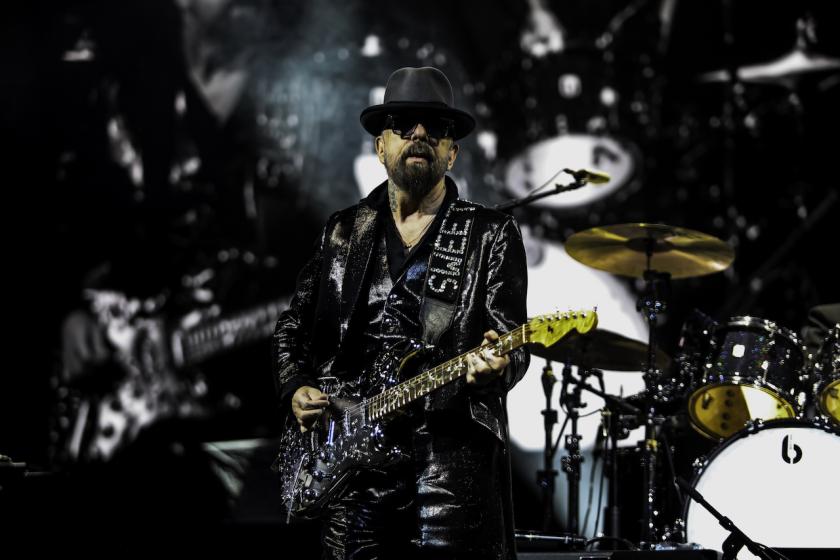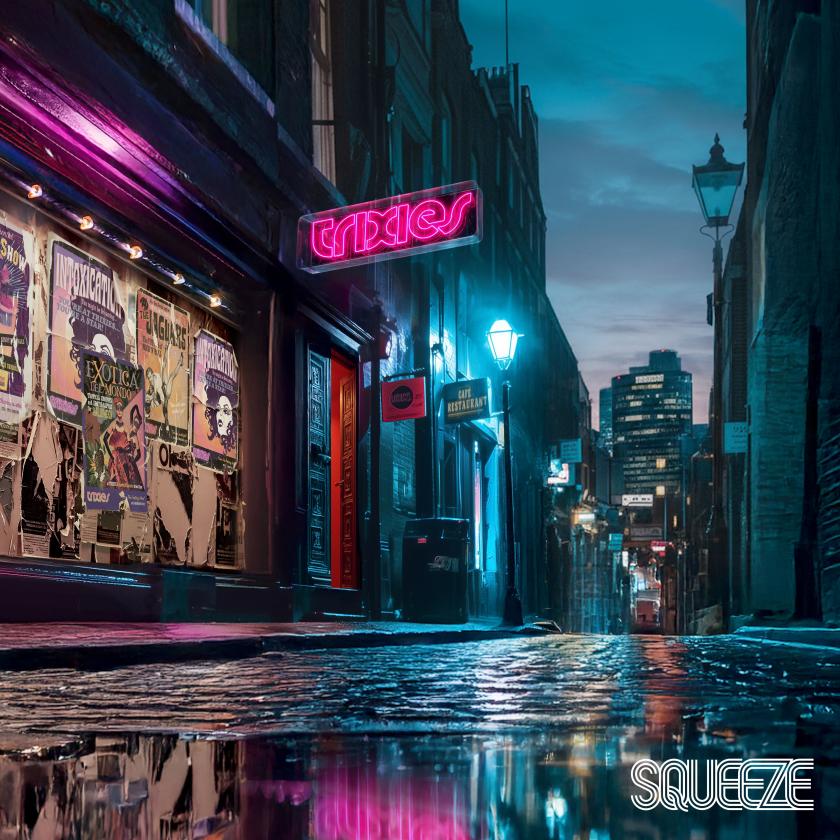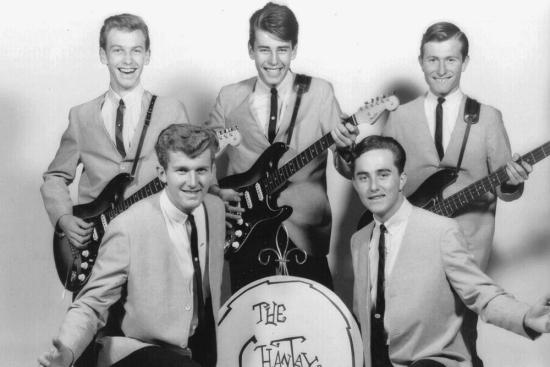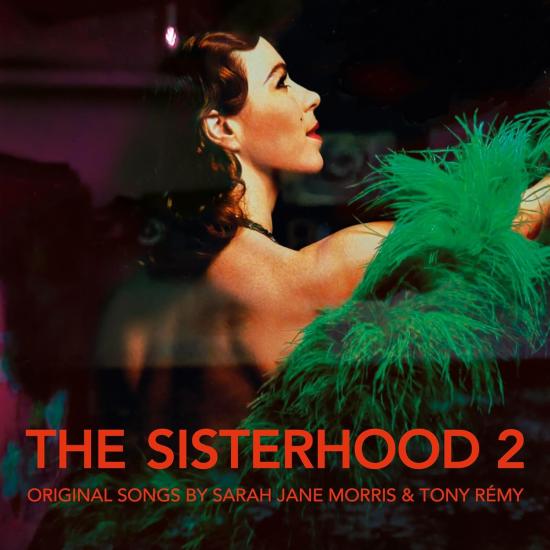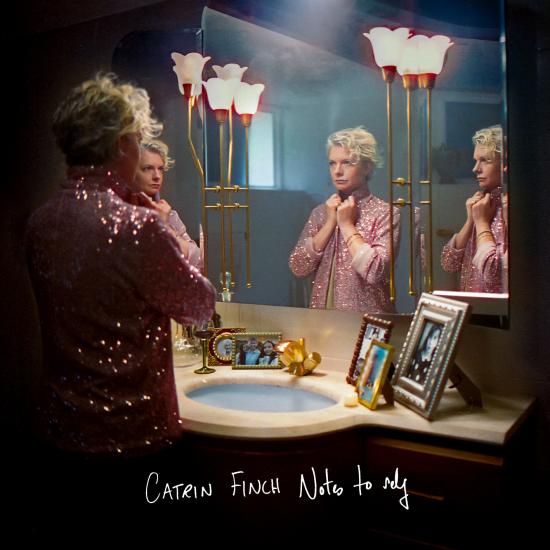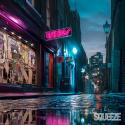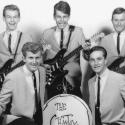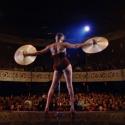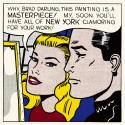new music reviews, news & interviews
the future of arts journalism
You can stop theartsdesk.com closing!
We urgently need financing to survive. Our fundraising drive has thus far raised £33,000 but we need to reach £100,000 or we will be forced to close. Please contribute here: https://gofund.me/c3f6033d
And if you can forward this information to anyone who might assist, we’d be grateful.

latest in today
We are bowled over! We knew that theartsdesk.com had plenty of supporters out there – we’ve always had a loyal readership of arts…
Mark Simmons is, in the nicest possible way, an old-fashioned comic, in that he tells jokes. Puns, one-liners, slow-burners, delayed…
Talking to Dave Stewart is like being on a psychedelic roller-coaster. He’ll start with one thought, spin it round and turn it upside down…
Squeeze have done well. They’ve worked their arses off for years and now have significant profile again, playing some of Europe’s bigger…
The brainchild of Derry Girls creator Lisa McGee, this is a strange and tortuous tale which defies easy categorisation. There’s plenty of…
The title comes from the August 1965 Paul Revere & the Raiders single “Steppin' Out,” a paint-peeling stomp which just missed the US…
Almost everything about Piotr Anderszewski's Wigmore Hall recital pleased, intrigued and even thrilled – except, perhaps, the order of the…
The BBC NOW called this concert Echoes of France, which was both an understatement and a partial misnomer. Cardiff’s St David’s Hall being…
Two centuries ago, New York City was a tangled collection of streets on the narrowing southern end of Manhattan island. Expansion pointed…
An English Violin Geneviève Laurenceau (violin), Orchestre de Picardie/David Niemann, with Jean-Frédéric Neuburg (piano) (NoMadMusic…
Most read
Somewhere in the bowels of the BBC, far away from the overheated stories of serial killers and female mutilation that clamour for the…
The brainchild of Derry Girls creator Lisa McGee, this is a strange and tortuous tale which defies easy categorisation. There’s plenty of…
Every February the Sadler’s Wells flamenco festival summons the illusion of Spanish sun onto our chilled, grateful backs - this year…
There is joy, energy – and no little irony – about the way that Hollywood stars Hugh Jackman and Kate Hudson play and sing the parts of a…
The title comes from the August 1965 Paul Revere & the Raiders single “Steppin' Out,” a paint-peeling stomp which just missed the US…
Who is the real Grace Jones? This is the central question that drives Sophie Fiennes’s documentary, Grace Jones: Bloodlight and Bami. After…
Talking to Dave Stewart is like being on a psychedelic roller-coaster. He’ll start with one thought, spin it round and turn it upside down…
Wet Leg’s self-titled debut album is one that has generated significant expectations over the past few months. Last year’s singles “Chaise…
Squeeze have done well. They’ve worked their arses off for years and now have significant profile again, playing some of Europe’s bigger…
Towards the end of Tate Modern’s retrospective of Roy Lichtenstein, there is a small abstract painting, Untitled, 1959, executed just…

